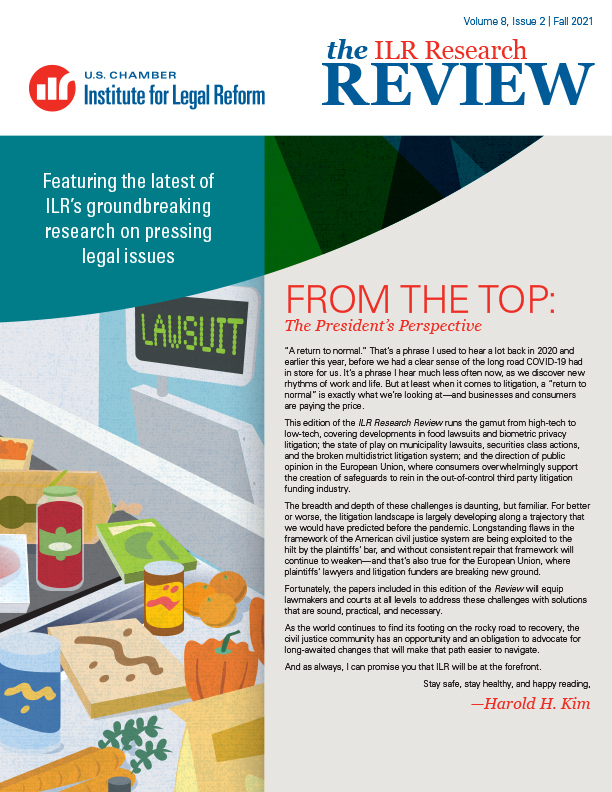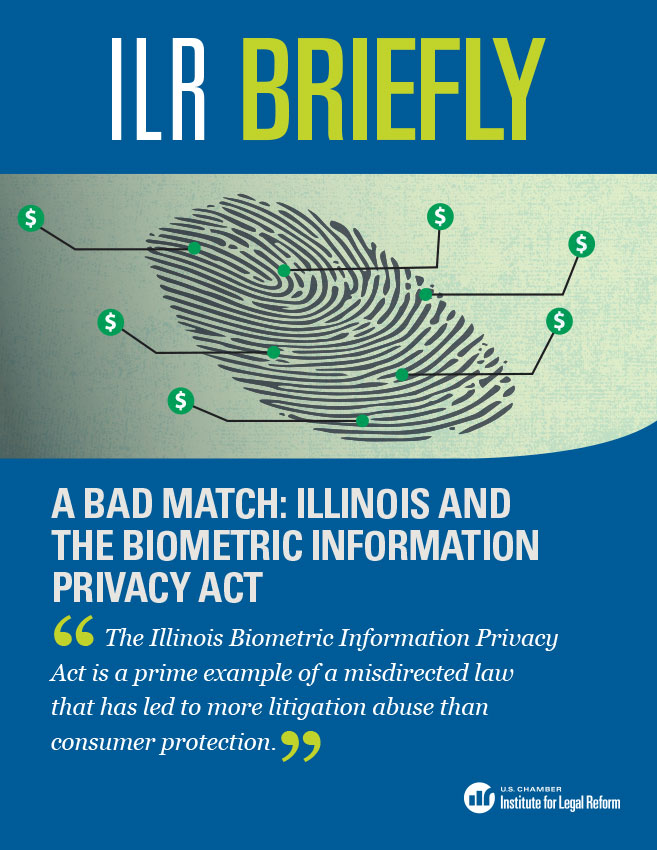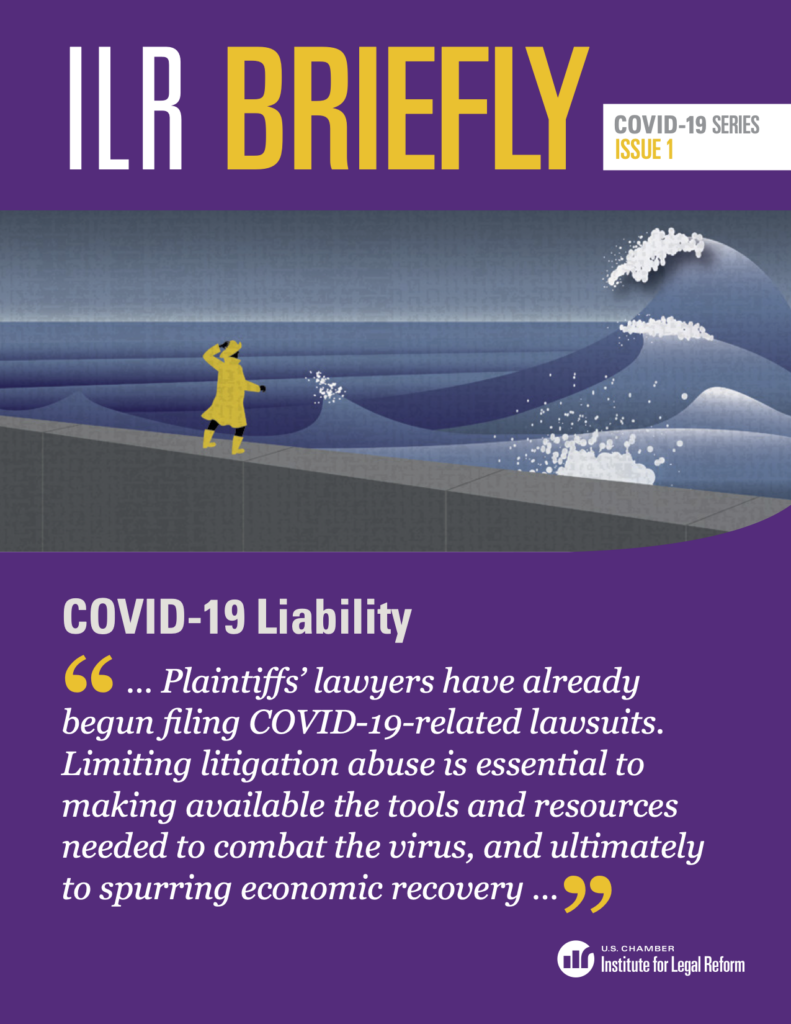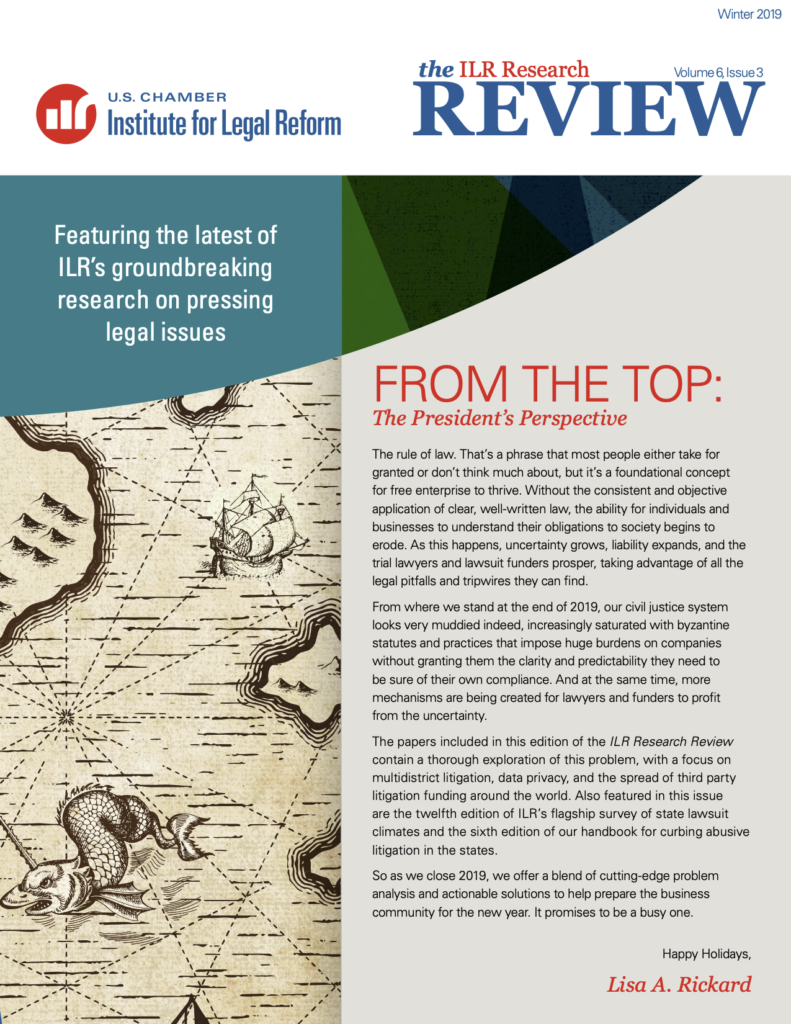Emerging technologies are changing how we live, travel, and buy goods and services. If the pace of this transformation continues as expected, in 2025, it may be common for a refrigerator to reorder our food and a drone to deliver it, while a driverless car takes us to the spaceport for a flight into low-earth orbit. New technologies will undoubtedly improve lives but they also come with new risks. How can courts and policymakers address legitimate safety and privacy concerns without derailing or delaying progress?
While there are many emerging technologies worthy of consideration, Torts of the Future closely considers:
- Autonomous vehicles
- Commercial use of drones
- Private space exploration
- The “sharing economy”
- The Internet of Things
For each area, the research reviews where the new technology stands in its development, opportunities for advancement, the existing regulatory and liability frameworks, how Congress, state legislatures, and government agencies are addressing these emerging technologies, and the potential liabilities that could result in litigation.
There is no one-size-fits-all approach to addressing liability and regulatory issues associated with emerging technology. The key is to strike the right balance that promotes innovation and entrepreneurship, while addressing legitimate safety and privacy concerns. To achieve this goal, Torts of the Future offers twelve “guiding principles” for the consideration of courts and policymakers as they address these new technologies.
View PDF


